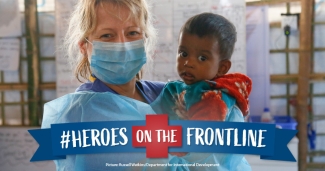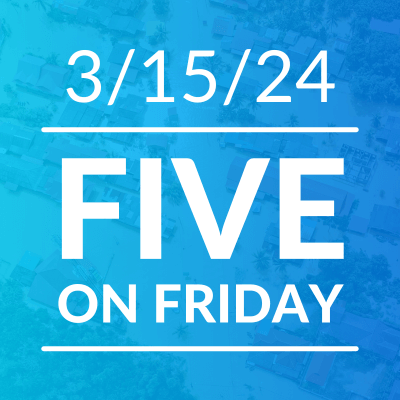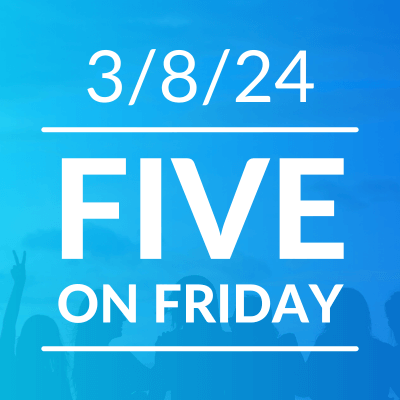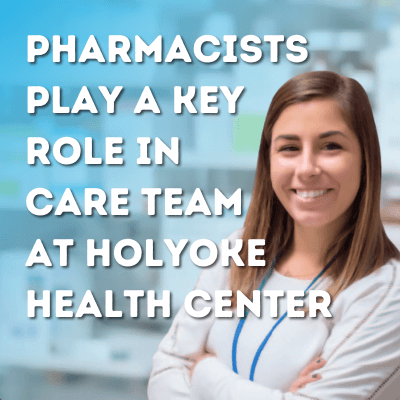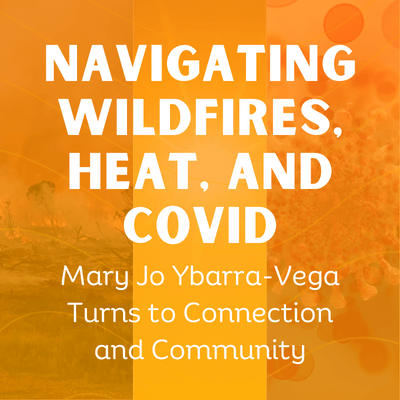Heroes on the Frontline: How to Support Clinicians in Times of Crisis
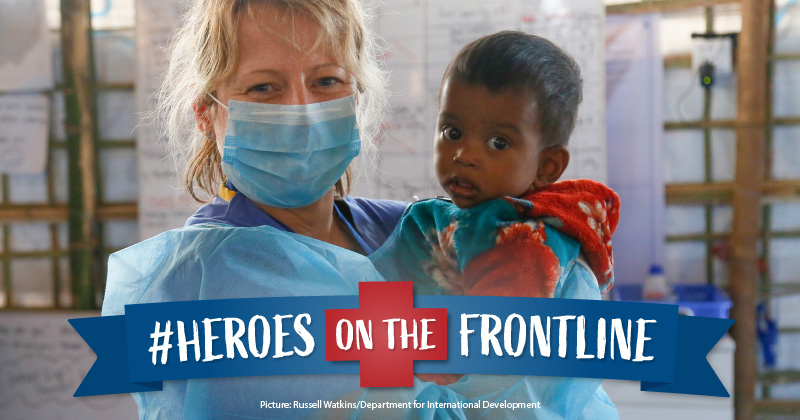
By Ashley-Michelle Papon, Project Coordinator, Development and Outreach, Migrant Clinicians Network
In 2002, beloved children’s educator and entertainer Fred Rogers advised his followers to find comfort during times of tragedy with pearls of wisdom from his mother. “Look for the helpers,” he wrote. “You will find people who are helping.” Those words, offered to a country mired in grief and mourning following the terrorist attacks of September 11, have become social media staples, re-emerging after every major crisis and national tragedy. As the United States continues to grapple with the lasting effects of the COVID-19 pandemic, the need to be part of something bigger has never been so critical, especially in supporting the heroes on the frontline, the ones we look to in times of crisis.
On Saturday, we celebrated National Make a Difference Day—a calendared occurrence marked by millions of people performing acts of service for others in their community, and beyond. Since our formation in 1985, Migrant Clinicians Network has emphasized the provision of support to clinicians as an essential component to deliver health justice for vulnerable populations, and this work became critically important in grappling with the novel coronavirus. As the pandemic began invading the shores of the United States, MCN looked for the helpers – but what we saw was troubling: doctors intubating patients, working hard to save lives, but unwilling to return to their families at night for fear of spreading the virus; nurses confronted with going into work despite a shortage of sufficient personal protective equipment; community health workers unsure of how to support essential workers when their workplaces remain dangerous; health centers rapidly shifting toward telehealth despite unsteady funding streams in the wake of clinic closures. Over seven months into this unprecedented public health crisis, clinicians are still confronting the same PPE shortages, the same dangerous workplaces, the same overcrowded emergency rooms.
Migrant Clinicians Network was founded to support our heroes on the frontline. In 2020, MCN immediately stepped up technical assistance and training to empower, inform, and fortify clinicians, providing them with numerous new tools and resources. Witness to Witness’s numerous innovative psychosocial training sessions creates small communities of clinicians to work through grief and stress around COVID-19. Early spring webinars and publications from MCN shared best practices in telehealth as health centers scrambled to reformulate their care provision online. MCN’s recommendations and algorithm help clinicians working with farms to enact safety measures and support essential workers as they arrive, in the absence of federal regulation. A partnership with a COVID-19 researcher brought the latest understanding of COVID-19 as an airborne pathogen directly to clinicians working on the frontline, coupled with strategies to keep clinicians safe and train workers effectively around this emerging understanding of the disease. All of these resources, education opportunities, and psychosocial support groups, led by experts across the country and just a portion of the work MCN has done this year so far, have been made available in English and Spanish. As we move into the colder months, MCN will continue to step up its offerings to ensure that the helpers, these heroes on the frontline that the entire nation is turning to at this time of crisis, have the support they need to continue on.
Certainly, empowering the heroes at the frontline in continuing on must be made a priority right now. Drawing on the wisdom of the late Rogers, it is vital to recognize not only that these helpers exist, but in the heroes tirelessly showing up to the frontline, the value in the work that they perform in safeguarding the collective public health. Earlier this year, The Lancet wrote exhaustively about the subject of prosocial reciprocity—the phenomenon of sacrificing one’s own self-interest to provide help to the same group that has helped us at some point. Applied to this dynamic, prosocial reciprocity means supporting the heroes at the frontline so that they, in turn, can continue to do the work needed to protect the rest of us.
In the coming weeks, our annual push for end-of-the-year donations—including our current active GoFundMe, celebrating #HeroesOnTheFrontlines—will showcase how clinicians and MCN continue to rise to the challenge day after day, and likewise, to ask as we “look for the helpers” in these times of crisis: how can we continue to support our heroes on the frontline?
Like what you see? Amplify our collective voice with a contribution.
Got some good news to share? Contact us on our social media pages above.
Return to the main blog page or sign up for blog updates here.
- Log in to post comments
